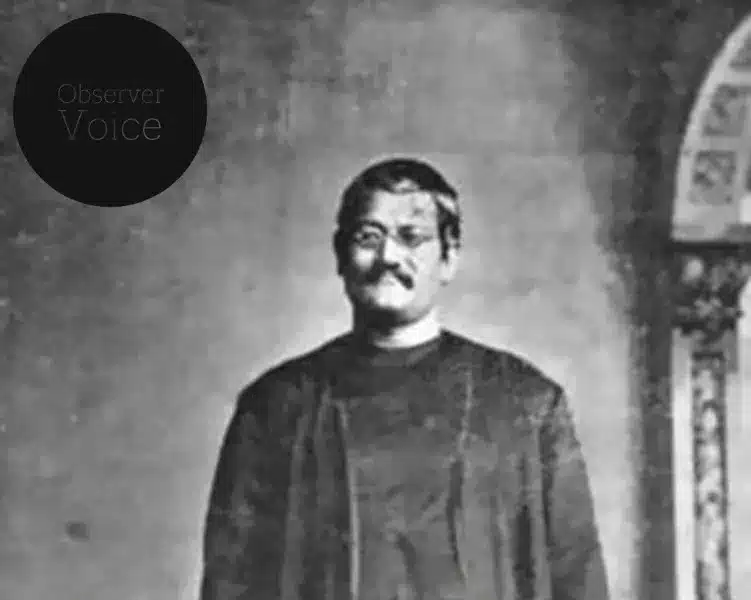Keshav Chandra Sen (19 November 1838 – 8 January 1884), a famous religious and social reformer, was one of the founders of the Brahmo Samaj.
Early Life and Career
Keshav Chandra Sen was born on 19 November 1838, in Kolkata, West Bengal, India. When he was a kid, he went to Bengali Pathshala elementary school, and later attended Hindu College in 1845.
In 1855, he started an evening school for working men’s kids. In 1855, he became secretary of the Goodwill Fraternity. He was attracted to Brahmo Samaj’s ideas around this time.
In 1854, Keshub Sen was also the Asiatic Society Secretary for a short time. After that, Sen worked at the Bank of Bengal for a short time, then quit to focus on literature and philosophy.
In 1859, he joined the Brahmo Samaj founded by Ram Mohan Roy.
In 1861 he started Indian Mirror, a fortnightly journal, and later in 1871 converted it into a daily. He built a lot of educational, social, and spiritual institutions.
He enthusiastically started organizing the society and due to this, he was soon appointed to the post of Acharya.
On his return from England, Keshav Chandra Sen formed an organization called the ‘Indian Reform Association. Its membership assembly was open to people of caste and religion.
The arrival of Keshav Babu became a curse for the organization and nature of Brahmo Samaj. Thoughts of Maharishi Devendranath and Keshav babu did not meet, as a result, the Brahmo Samaj was divided. The original Brahmosamaj came to be known as ‘Adi Brahmo Samaj’ and the newly formed society of Keshav babu became famous as ‘Bharatvarshi Brahmo Samaj’.
The Brahmo Samaj, under the leadership of Raja Ram Mohan Roy and Keshab Chandra Sen, heralded the Renaissance in Bengal and spread it across the country.
In addition to liberating women from the bindings of society, Keshab Chandra Sen helped educate women and poor workers. He eradicated social evils like casteism and untouchability, spread the vernacular, and did a lot of charitable work.
Death
He died on 8 January 1884 in West Bengal, India.
Read More: 17 November: Remembering Bal Thackeray on his Punya Tithi

